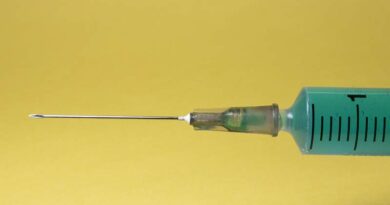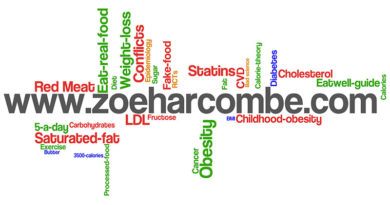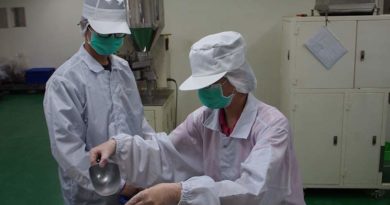Statins for children
I was particularly horrified by headlines last week e.g. “Up to 56,000 children may get statins, say scientists” (Ref 1). The headlines were based on a press release by University College London (Ref 2), which in turn was based on an article, written by Humphries et al, published in the Journal of Clinical Lipidology (Ref 3). I was horrified because I know what cholesterol does and I know what statins do.
Let’s briefly remind ourselves of why there is no human life without cholesterol and why we’re lucky that statins don’t completely ‘work’. The article was focused on children who were deemed to have Familial Hypercholesterolemia, so we’ll note the characteristics of this very rare condition. We’ll then look at the study and what it might mean for up to 56,000 unfortunate children in the UK – more worldwide given that a similar paper, also pharma-funded, was published in the US two months earlier (Ref 4).
What cholesterol does
Put simply, we die without cholesterol. The word “essential” in nutrition means a substance that we must consume – the body doesn’t make it. Cholesterol is even more ‘essential’ than this – the body cannot leave it to chance that we would consume cholesterol, so the body makes it. Our bodies are making cholesterol right now. They’ll make more later when we’re asleep.
These are the key critical functions that cholesterol performs:
- Cholesterol builds and maintains the integrity of the cell walls. Every cell in our body is covered by a membrane made largely of cholesterol, fat and protein. Membranes are porous structures, not solid walls, letting nutrients and hormones in while keeping waste and toxins out. If cholesterol were removed from cell membranes they would literally explode from their internal water pressure. Human beings cannot exist without cholesterol.
- Cholesterol plays a vital role in hormone production. Steroid hormones can be grouped into five categories by the receptors to which they bind: glucocorticoids; mineral corticoids; androgens; estrogens; and progestagens. (Vitamin D derivatives are seen as a sixth hormone system, but we will cover this separately). Glucocorticoids help to regulate blood glucose levels and without cortisone, for example, the body could not cope with stress. Mineral corticoids regulate minerals, such as calcium, and they help to regulate blood pressure (the mineral corticoid, aldosterone, regulates sodium and water levels). The sex hormones and therefore the entire human reproductive system are totally dependent on cholesterol. Hence, not only would humans die without cholesterol, the human race would die out.
- Cholesterol is vital for digestion. The human body uses cholesterol to synthesise bile acids. Without cholesterol-rich, bile salts, the human body could not absorb essential fatty acids or the fat soluble vitamins A, D, E and K) and serious, even life threatening, deficiencies could develop. (It is interesting, therefore, that nature puts cholesterol in foods of animal origin, which are also rich in fat and fat soluble vitamins – providing a digestion mechanism in tandem).
- Cholesterol is abundant in the tissue of the brain and nervous system and is critical for the brain and memory functions. Even though the brain is only 2% of the body’s weight, it contains approximately 25% of the body’s cholesterol (Ref 5). A substance called myelin covers nerve fibre to help conduct the electrical impulses that make movement, sensation, thinking, learning, and remembering possible. Myelin is over one fifth cholesterol by weight.
- Cholesterol is also critical for bones and for all the roles performed by vitamin D. Vitamin D is best known for its role in calcium and phosphorus metabolism, and thus bone health, but we are continually learning more about potential additional health benefits of vitamin D from mental health to immune health. Vitamin D can be ingested (and is, interestingly again, found in foods high in cholesterol) and it can be made from skin cholesterol (sunlight hitting cholesterol in skin cell membranes turns the cholesterol into vitamin D.)
One of the key reasons that we need to spend approximately one third of our lives sleeping is to give the body time to produce cholesterol, repair cells and perform other essential maintenance.
The rest of this article is available to site subscribers, who get access to all articles plus a weekly newsletter.
To continue reading, please login below or sign up for a subscription. Thank you.




